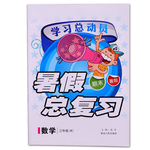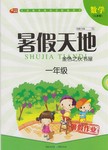题目内容
It’s the present situation in poor areas that _________ much higher spending on education and training.
A. provides for B. applies for
C. calls for D. plans for
C
【解析】
试题分析:考查短语。句意:当前的情况是贫穷的地方提倡更高的教育和训练。C选项意思是号召,提倡,所以选C。
考点:考查短语。

练习册系列答案
 学期复习一本通学习总动员期末加暑假延边人民出版社系列答案
学期复习一本通学习总动员期末加暑假延边人民出版社系列答案 芒果教辅暑假天地重庆出版社系列答案
芒果教辅暑假天地重庆出版社系列答案
相关题目